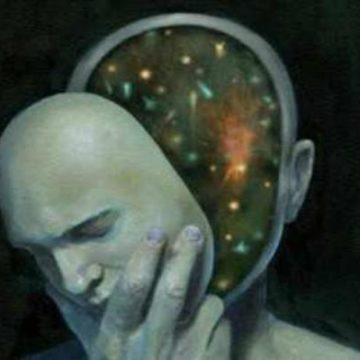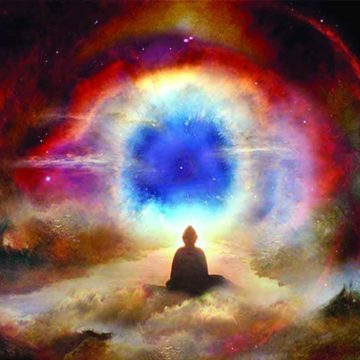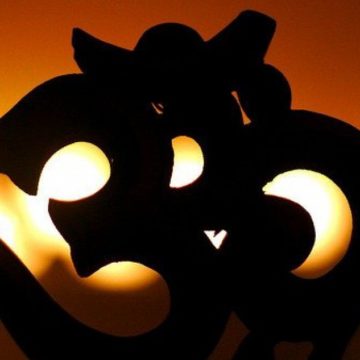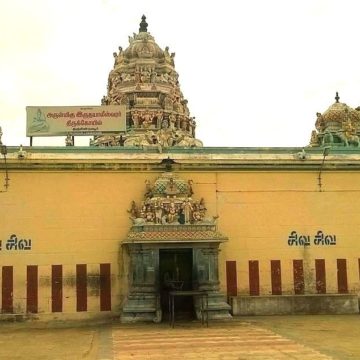In post-Christian Europe, many no longer subscribe to traditional theology or atheism, instead calling themselves “Something-ists” or “spiritual but not religious.” This vague belief in “Something” echoes ancient Indian thought, where the Vedic word Tad—“That”—points to the Absolute beyond description. Found in the Ṛg-Veda, Upaniṣads, and Bhagavad Gītā, Tad represents the witness-consciousness, the essence beyond qualities. The clearest enunciation of Tad, at once one of the profoundest Vedic phrases is the assurance Tat tvam asi, “that thou art” in the Chāndogya Upaniṣad. Thus, what seems modern is rooted in one of humanity’s oldest insights into the ultimate reality.
Tag: brahman
The fatuity of hubris: who art thou?
The identification with the ego in terms of accomplishments and possessions serves no real purpose.
Entanglement, Reflexivity and Entropic Complexification: Reconciling Science and Spirituality
Key ideas of Indic thought and civilization, particularly that of Brahman are placed on fairly scientific and truly representative aspects of nature and the universe.
The experience of the Source
Connecting with a higher power requires intense dedication to practice Yoga throughout one's life, and not left for a specific period when one is free from life's many chores.
Significance of Knowing the 'Fourth'
Turiya is pure consciousness and is the background that underlies and transcends the three common states of consciousness.
Brahmanism 102: The Prophet of Sanatana Dharma and his “idea of India”
‘Hindu’ is a term given to us by others who thought that their religion was better than ours. To them, we were strange people on the other side of Sindhu. Yet, our forefathers called our rituals, our understanding of Dharma by a different name; Sanatana Dharma; Sanatana as in eternal, Chirantan, forever. They did not...
Brahmanism 101: The trail of Saraswati and the beginning of Kathenotheism
Brahmanism has been labelled as an insult all thanks to decades of propaganda which still cannot hide the divinity that underlies the word's origins.
Nachiketa and the Secret of Death
The young Nachiketa approaches Yama as directed by his father and is granted three wishes for his bravery.
Hridayaleeswarar and the Power of the Mind
The technique of Manana to first internalise a task in one's mind before ever implementing it is an essential part of Hindu philosophy.










